A New Way to Think About 'Wasting' Art Supplies
/These rainbow masking tapes were sitting on a shelf in my art supply pantry crying out for a turn at the table. I rolled out my favorite white butcher paper, and slapped on some stripes in rainbow order. Then I added a few crayons and waited to see what would transpire.
You know what? Nothing happened. The kids came home in time for music lessons and then ran out front to ride scooters with friends. Not a mark was made, the tape sat untouched. Was I disappointed? Not at all.
Whenever I set up an exploration for the kids, it is their choice to engage or not. I always keep it simple on my end because I don’t want to feel resentment if they aren’t interested.
Fast forward to the next morning. Sloane noticed the art supplies and got right in there. Ruby saw Sloane and then she, of course, needed to be a part of the action. They chattered and taped. Sloane colored a bit. Ruby chose to rip the tape and make long lines. She really enjoyed the sensation of unwinding long strips on the table. Sloane, on the other hand, made precise cuts with sharp scissors, lining up her tape just so.
Process art experiences are valuable to children. They can interpret the art supplies however they see them. There are no rules and they can create straight from the heart.
Suddenly, Sloane let out a little squeal, “I have a GREAT idea!”. She took her favorite Jumbo Animals and decided to make them get “dressed up.”
The play went on until it was time to get dressed and go out. I left everything on the table because I am pretty sure there is more in store for the pretty rainbow tape that was crying out to me from the art supply pantry.
There are many adults who would want to resource guard the tape. “Don’t waste the art supplies! Only use a little bit! Save some art supplies for later!” But here’s the thing… Is it a ‘waste’ if your child is learning? Is it a waste if your child is exercising her fine motor skills? Is it a waste to allow your child to express her mind and feel the joy in creating?
I know it can be hard to shed the “rules” we think are best for our children. Before you make a rule, ask yourself why…
I hope you enjoyed this blog! If you want to keep up with more Workspace for Children content, follow along on Instagram by clicking HERE.
SUBSCRIBE TO MY NEWSLETTER
WANT TO SEE MORE BLOGS LIKE THIS ONE? GREAT! CHECK OUT THE POSTS BELOW!
CHECK OUT OUR EBOOKS!
THE PLAY PLAN
The Play Plan is an ebook containing play invitations that are easy to set up, inexpensive, and apply children of all ages. The 25 play prompts are divided into five categories and use items that you most likely already have at home. These play prompts consider children of all ages, all developmental stages, and all learning capabilities. Each prompt can be tailored to fit your unique child’s needs. Play is meant to be simple.
$28
QUIET TIME AND INDEPENDENT PLAY EBOOK
This downloadable ebook is your personal guide to Quiet Time and Independent Play. This ebook will teach you the basic steps to implementing a Quiet Time and Independent Play strategy that works. The guide teaches you my proven 5 step method for implementing a daily break without using screens. (Guide includes 5 bonus invitations to play.)
$27

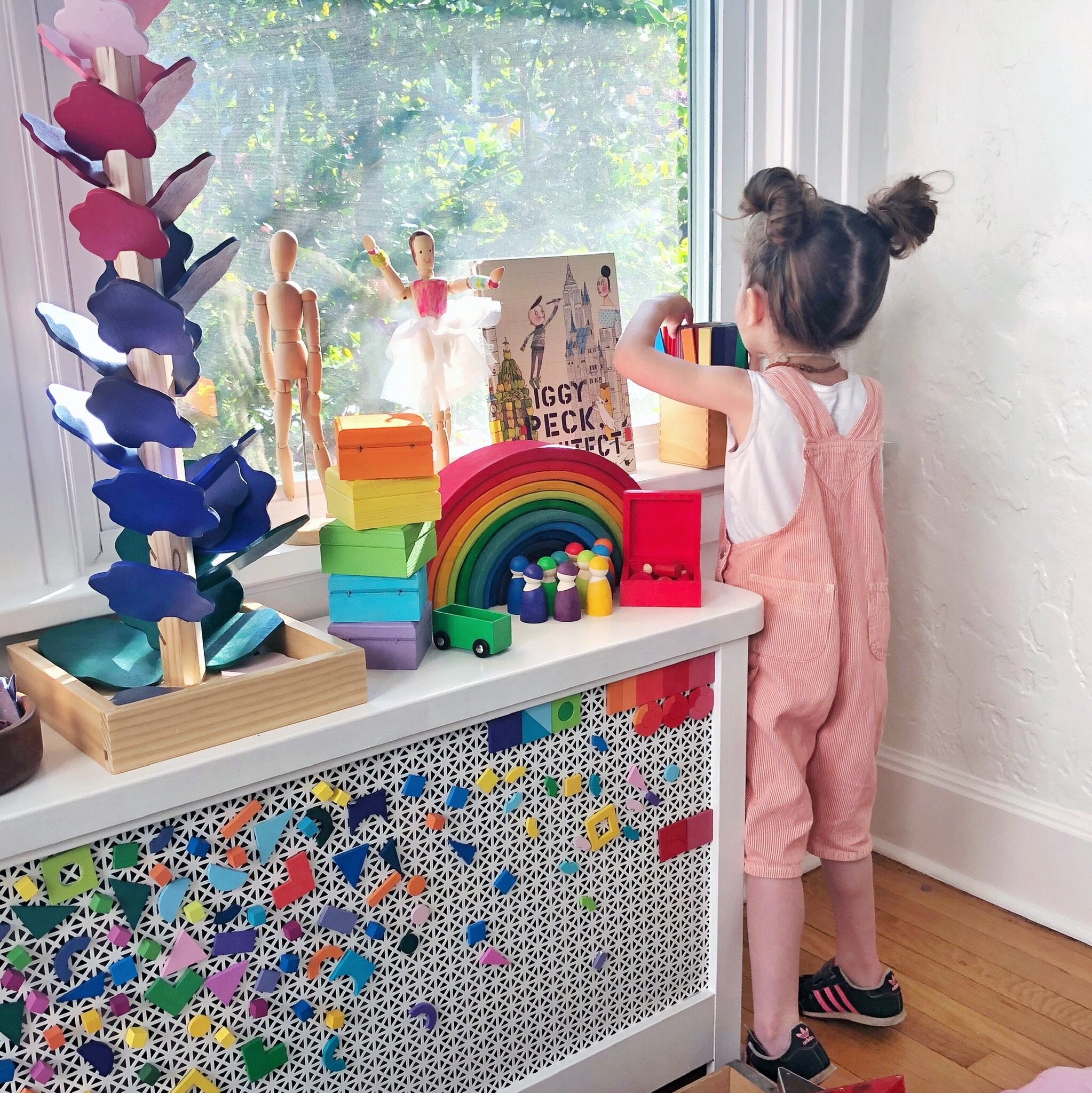
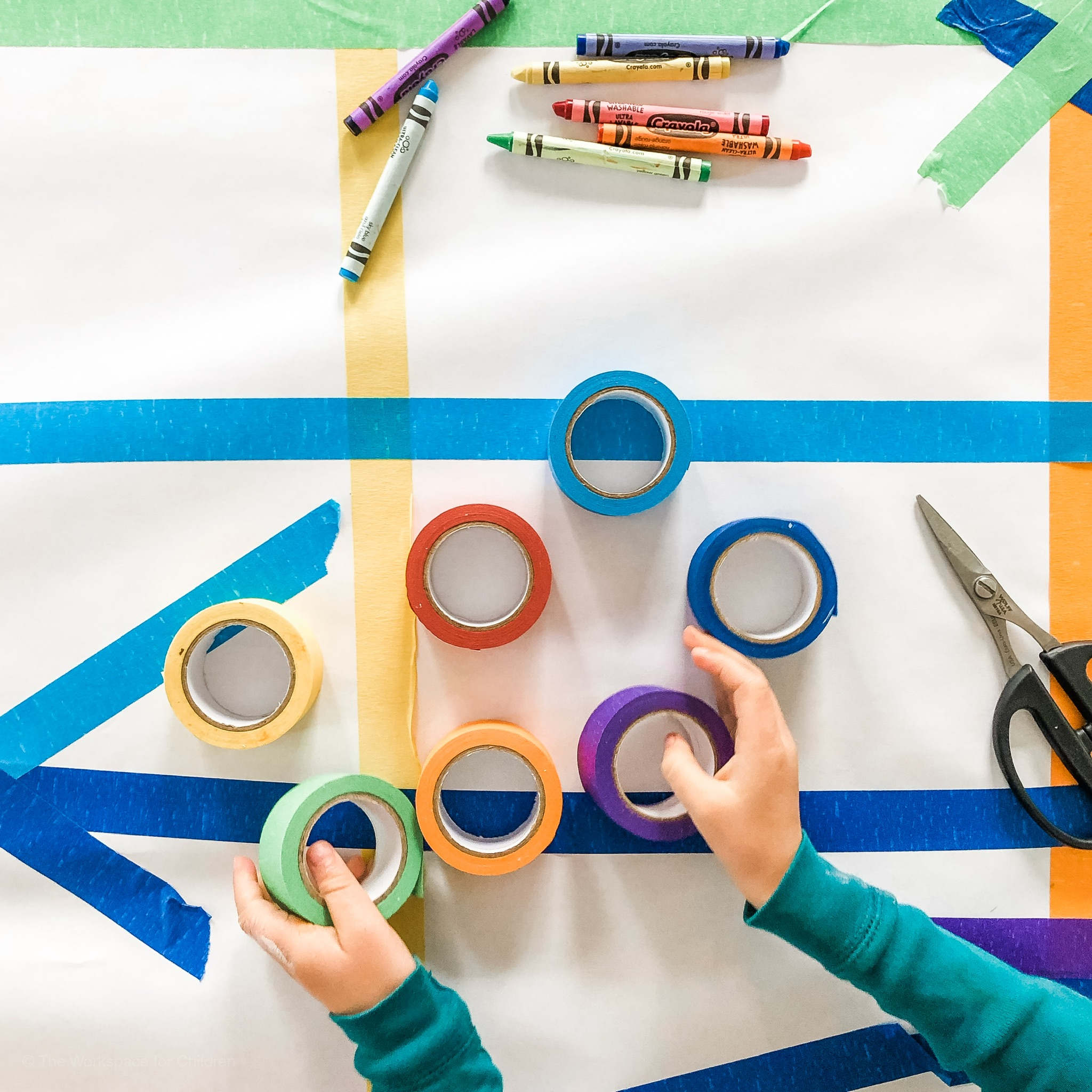
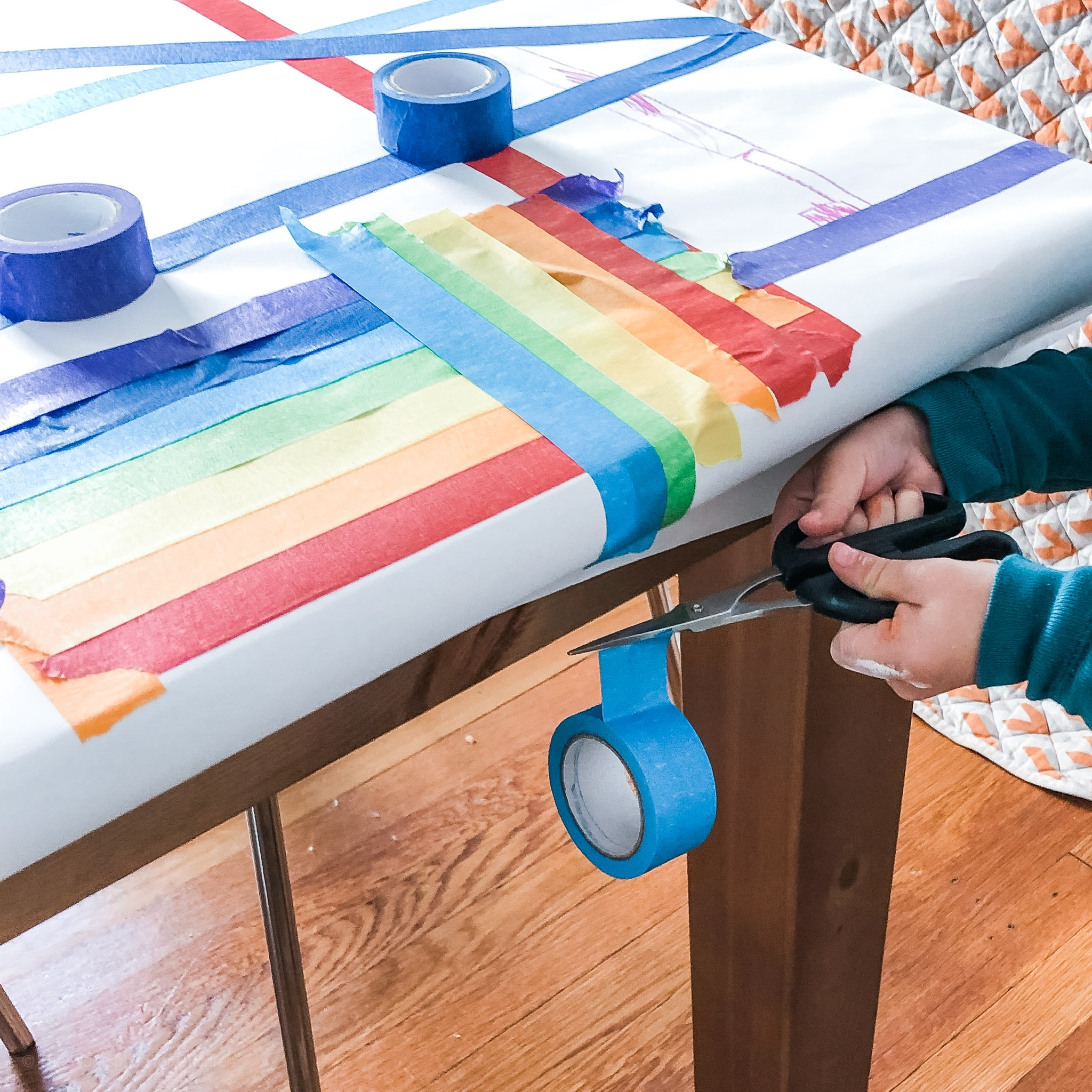
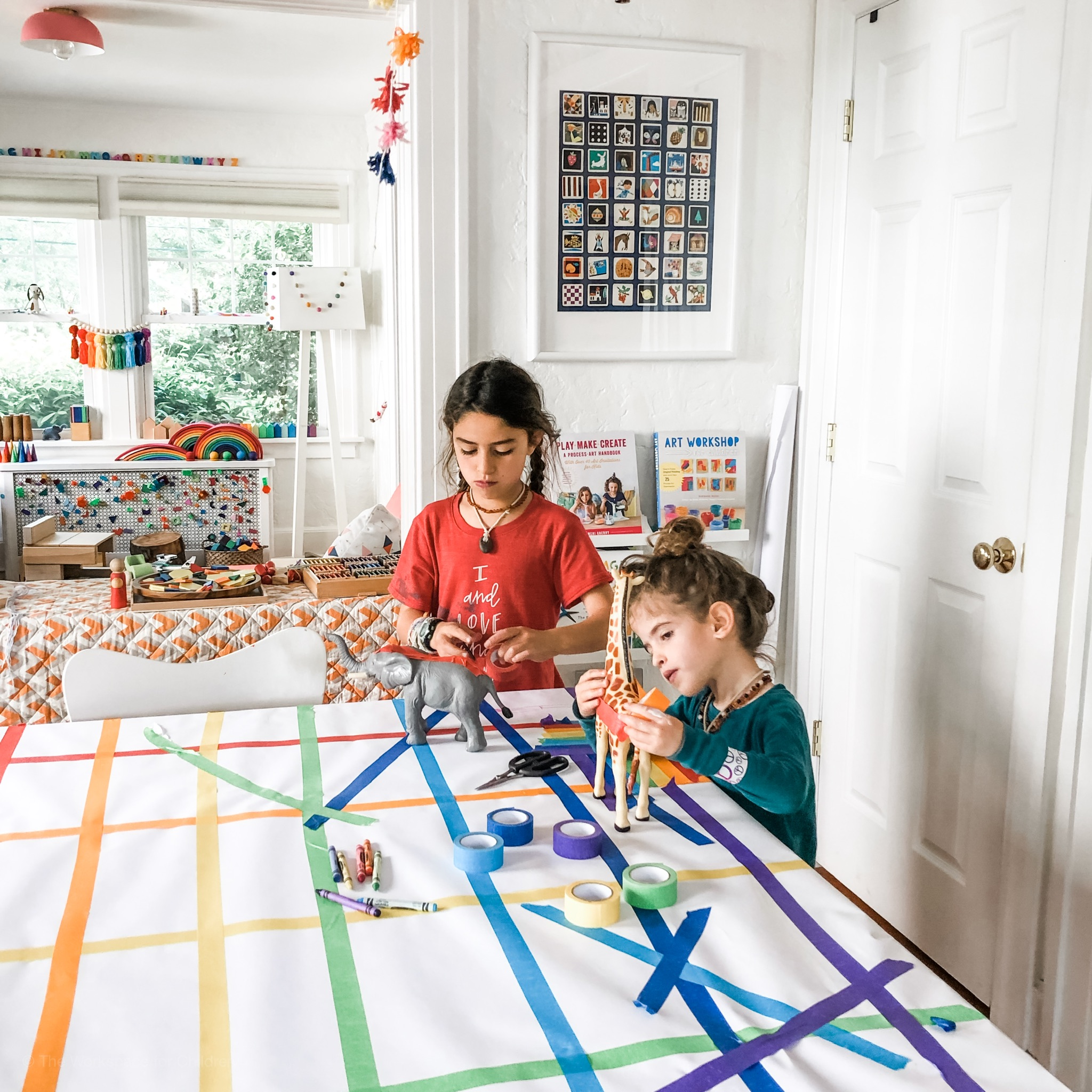

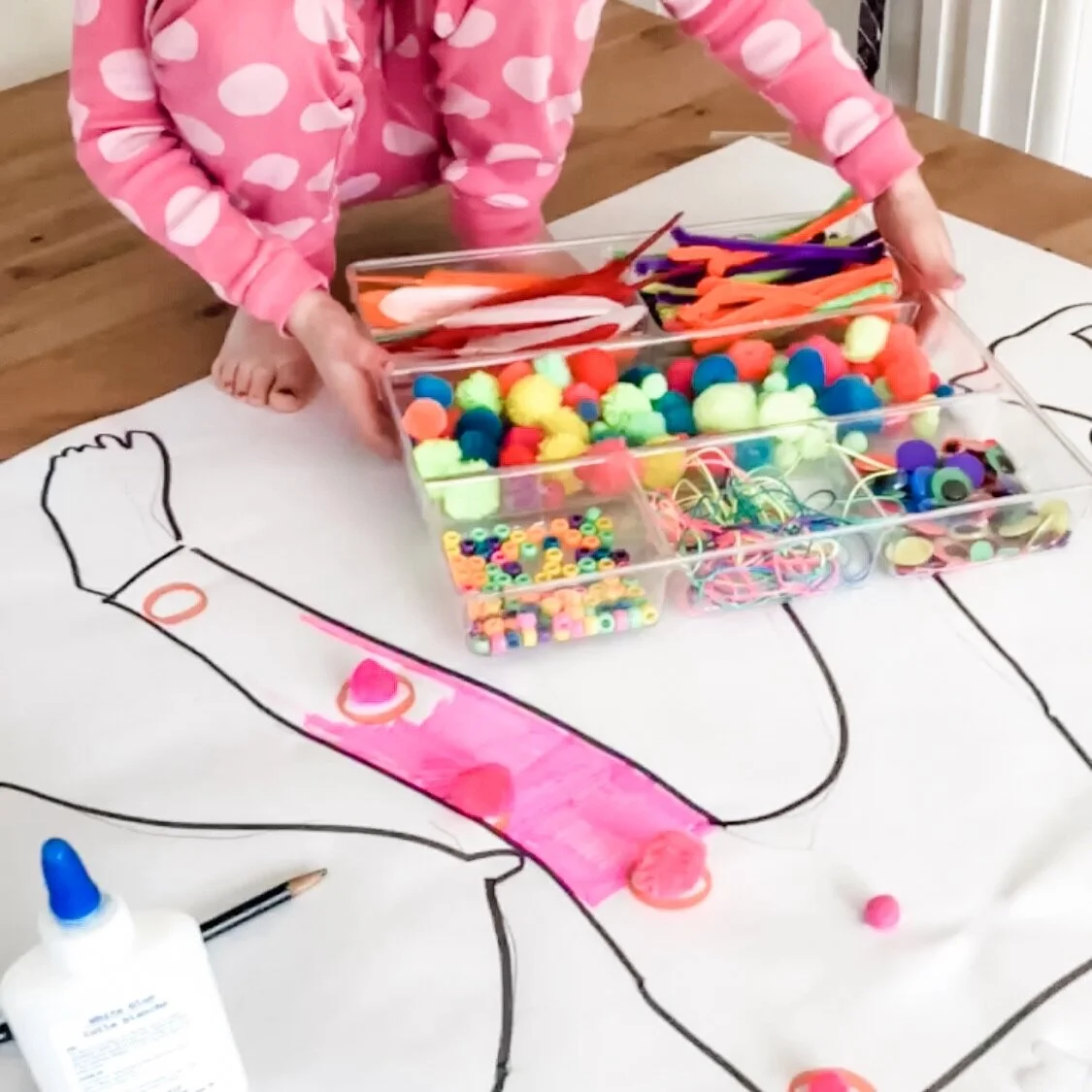

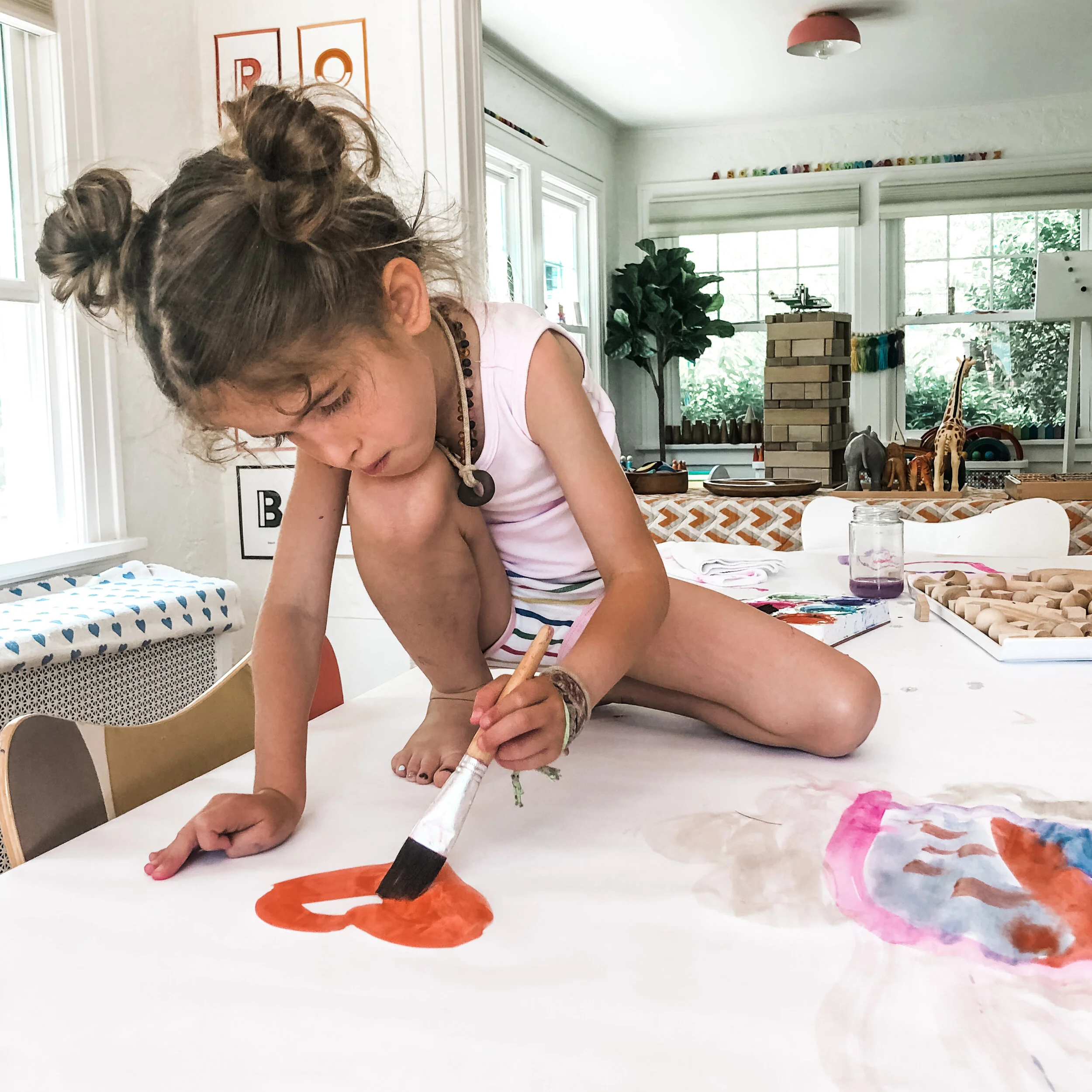
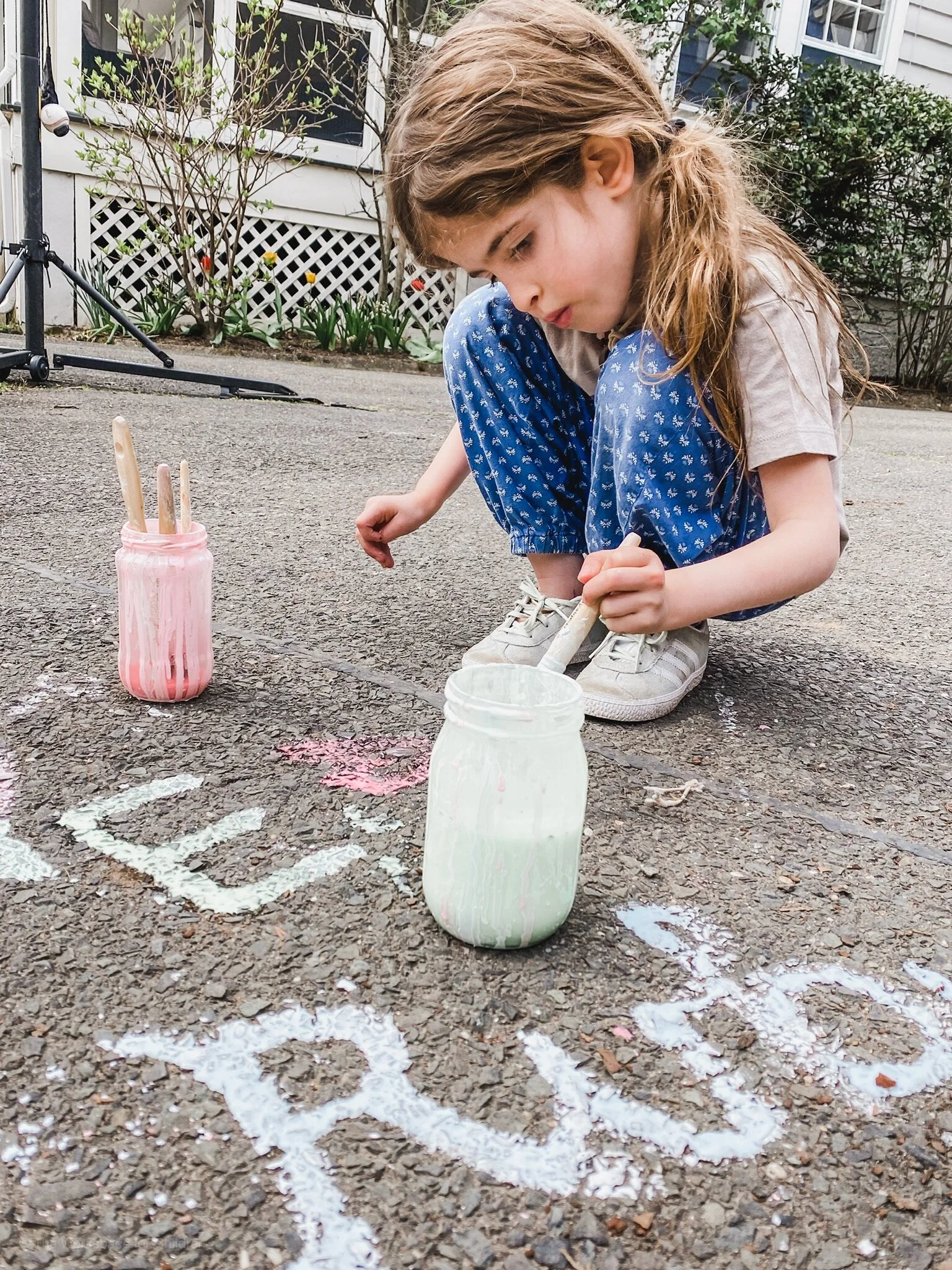
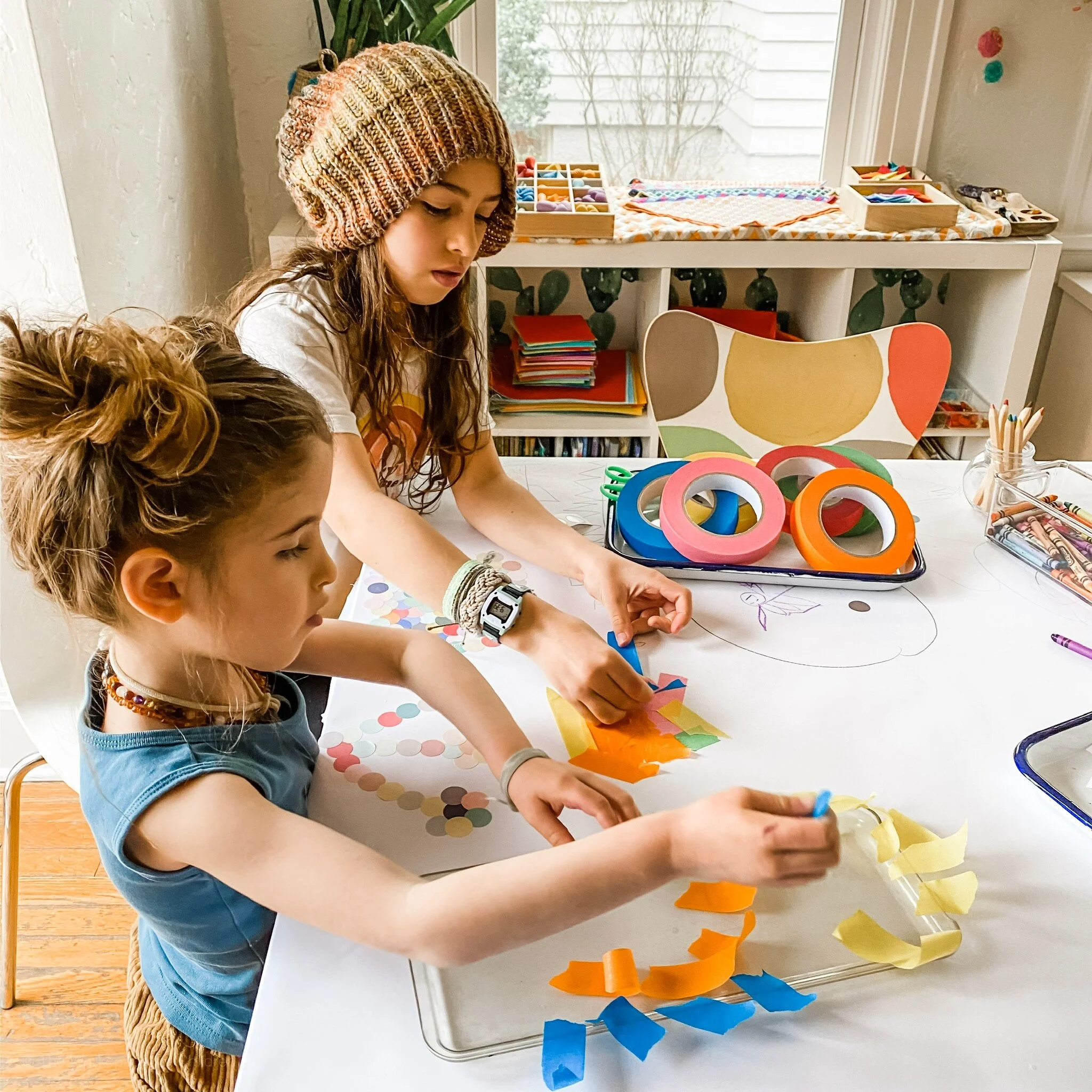
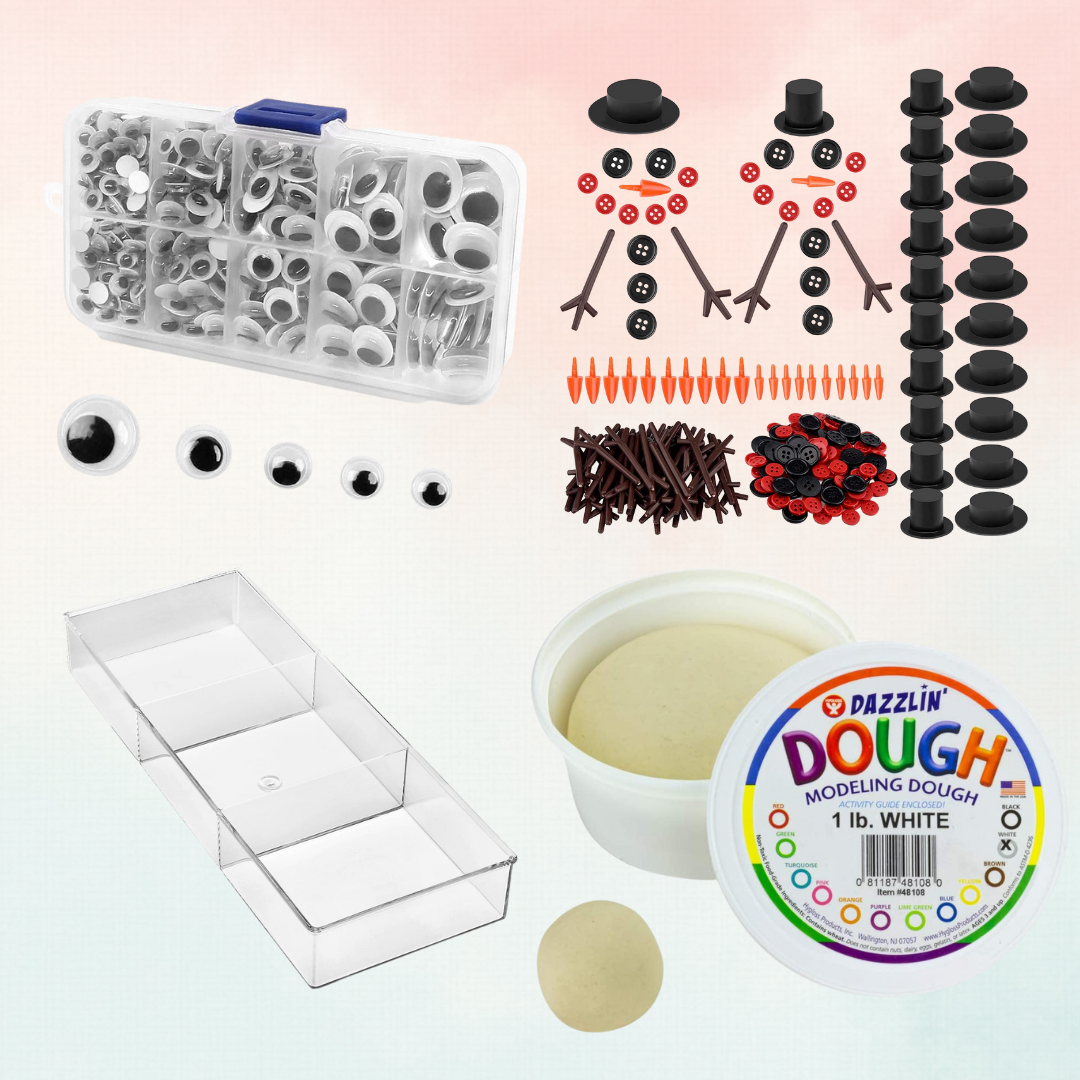

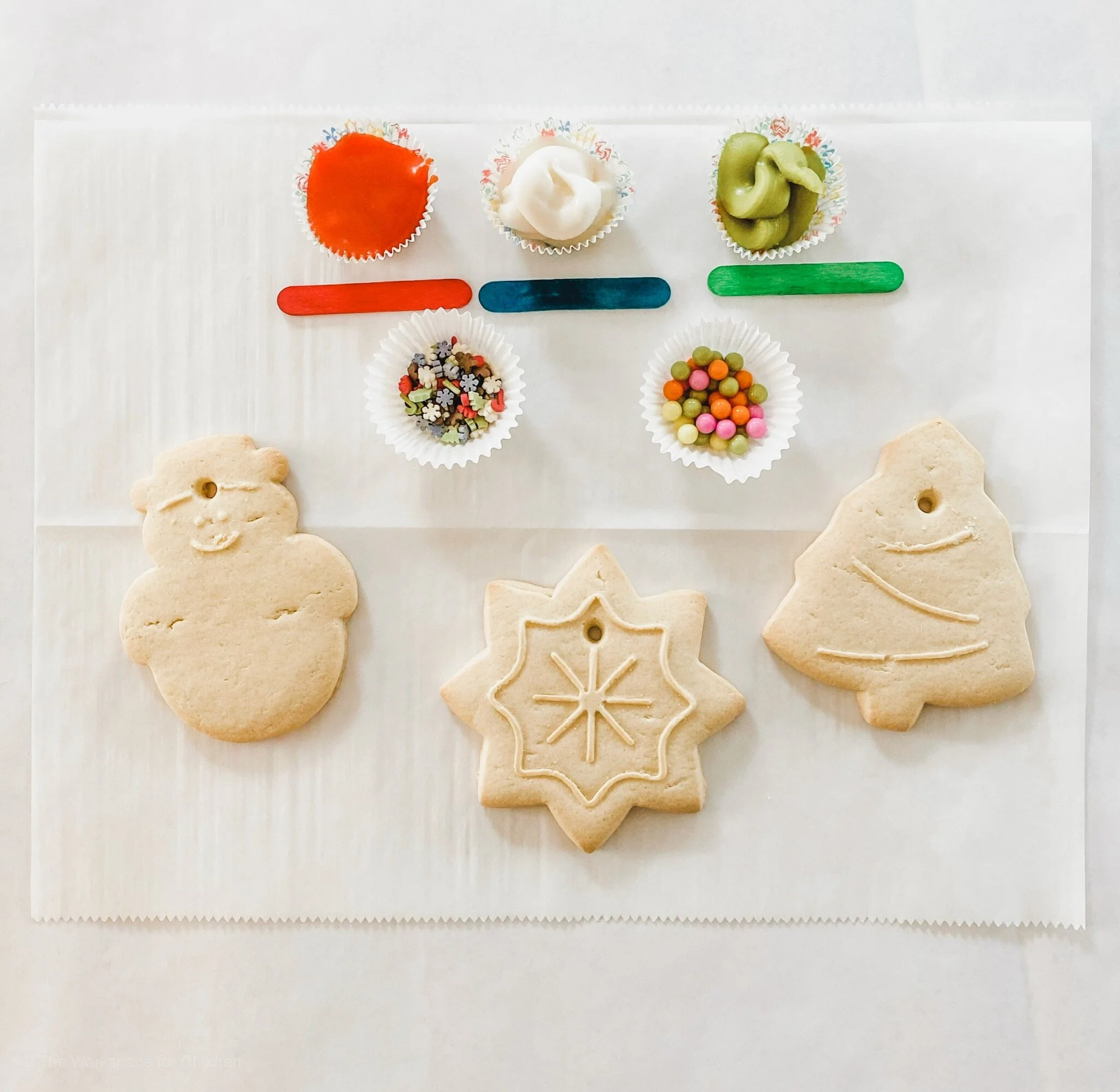




A simple way to make those homemade Valentine’s Day cards.